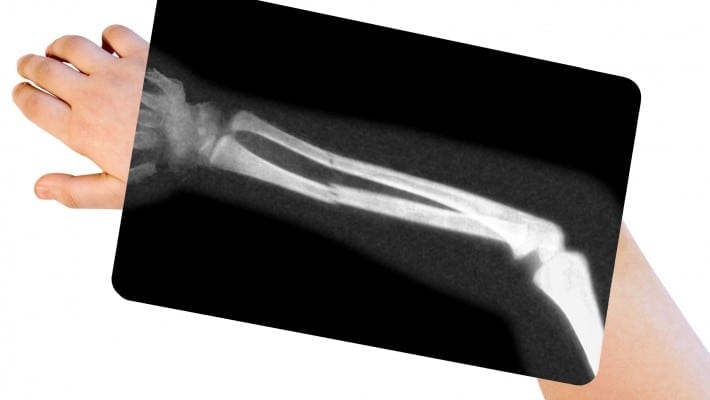
Treating Osteoporosis
Osteoporosis is a condition associated with aging that causes the bones to become brittle and weak. With osteoporosis, even mild falls can result in a fracture. These fractures typically occur in the hip, spine, and wrist, and can result in disability (and sometimes death if there are post-operative complications).
There are typically no symptoms of osteoporosis in the early stages, but once bone loss has already occurred, you may noticed stooped posture, easily occurring fractures, back pain, and eventual loss of height.
What causes osteoporosis?
Your bones are constantly being broken down and replaced. When you’re young, this isn’t a problem because you have plenty of bone mass. However, as you age, the creation of new bone can’t keep up with the breaking down process.
Osteoporosis can affect anyone, but white and Asian women past menopause are most at risk. Other risk factors include family history of osteoporosis, small body frames, thyroid problems and other hormone issues, long-term steroid use, sedentary lifestyle, eating disorders, and excessive alcohol and tobacco use. Osteoporosis is diagnosed with a physical exam and bone density screening, which is done with low level x-rays.
How is osteoporosis treated?
The best thing you can do is develop a lot of bone mass while you are younger and prevent further bone loss as you begin aging. You can improve bone mass through these steps:
- Weight-bearing exercise: This slows bone loss. Try exercises like jumping rope, walking, jogging, and climbing stairs.
- Healthy diet: You need foods rich in calcium, like dairy products, soy products, salmon, sardines, dark leafy greens, juices and other foods fortified with calcium, and calcium supplements. Vitamin D is also necessary, because it helps the body absorb calcium. You may need vitamin D supplements if you live in an area without a lot of sunlight. Getting too much calcium and vitamin D can be harmful, so be sure to ask your doctor how much you need, especially before you take supplements.
Your doctor might recommend further treatments to help prevent fractures and improve bone mass. Medications like bisphosphonates can help prevent bone mass loss, and hormone therapy can be used to maintain bone density.
You can help your treatment by avoiding excessive alcohol and smoking. You can also prevent falls by wearing shoes and slippers with non-slip soles, making sure it’s easy to move about your home and get out of bed, and removing things around your house that could contribute to falls, like slippery rugs.

